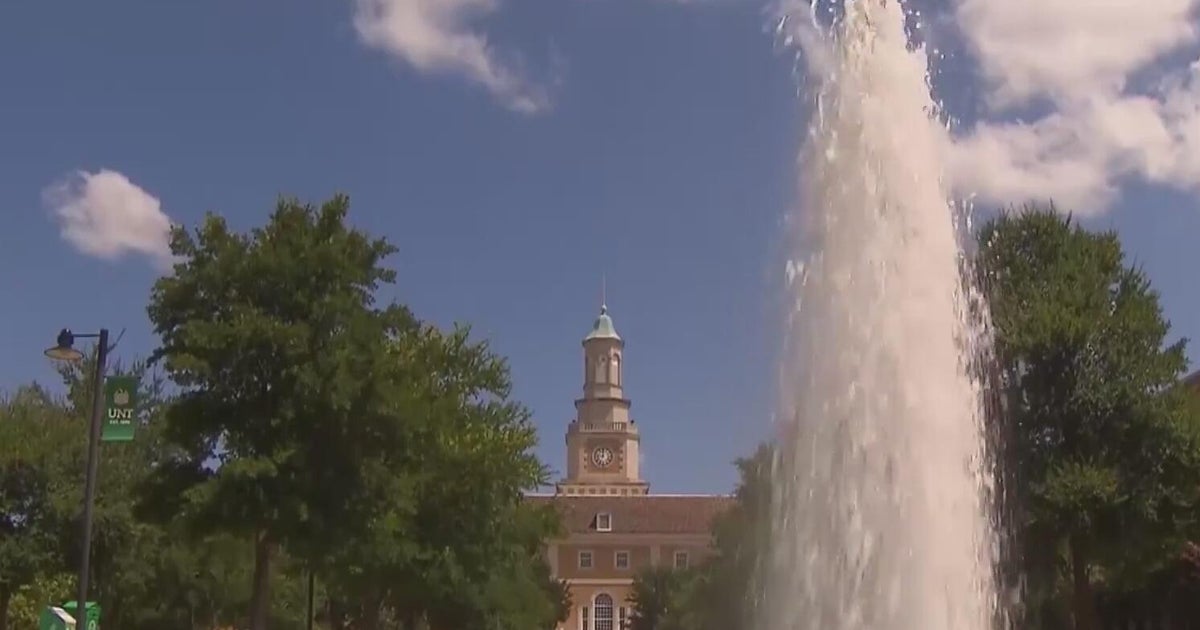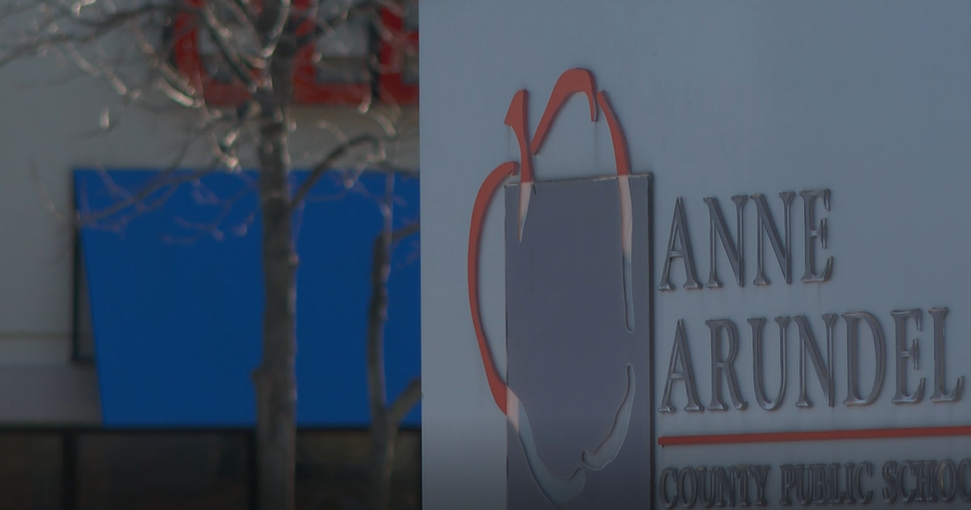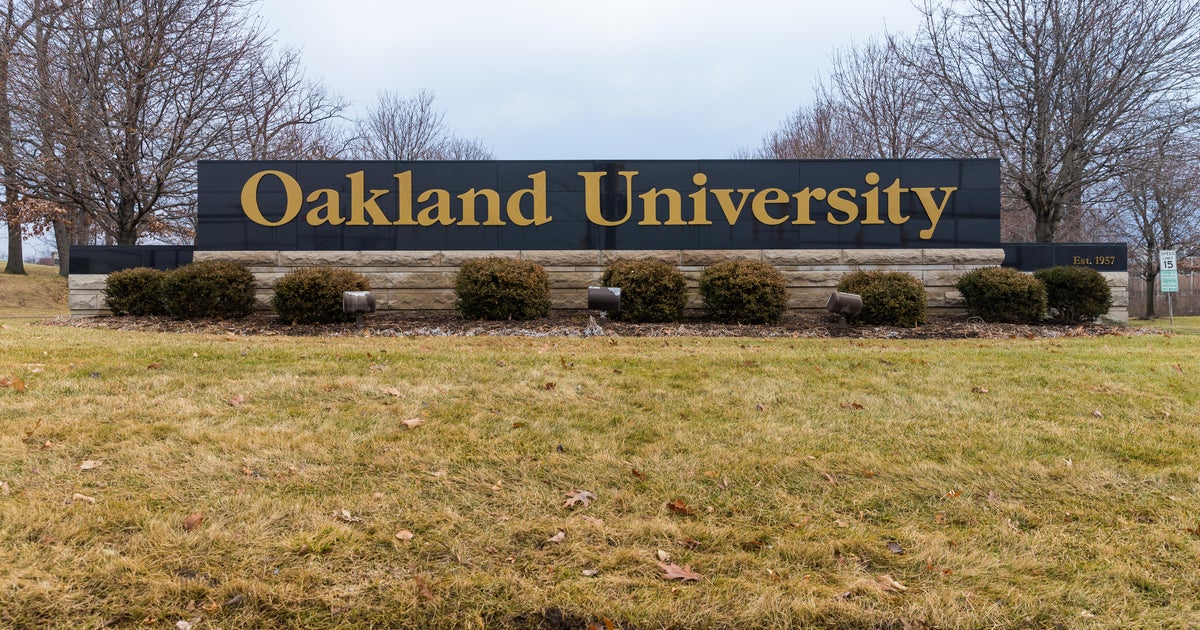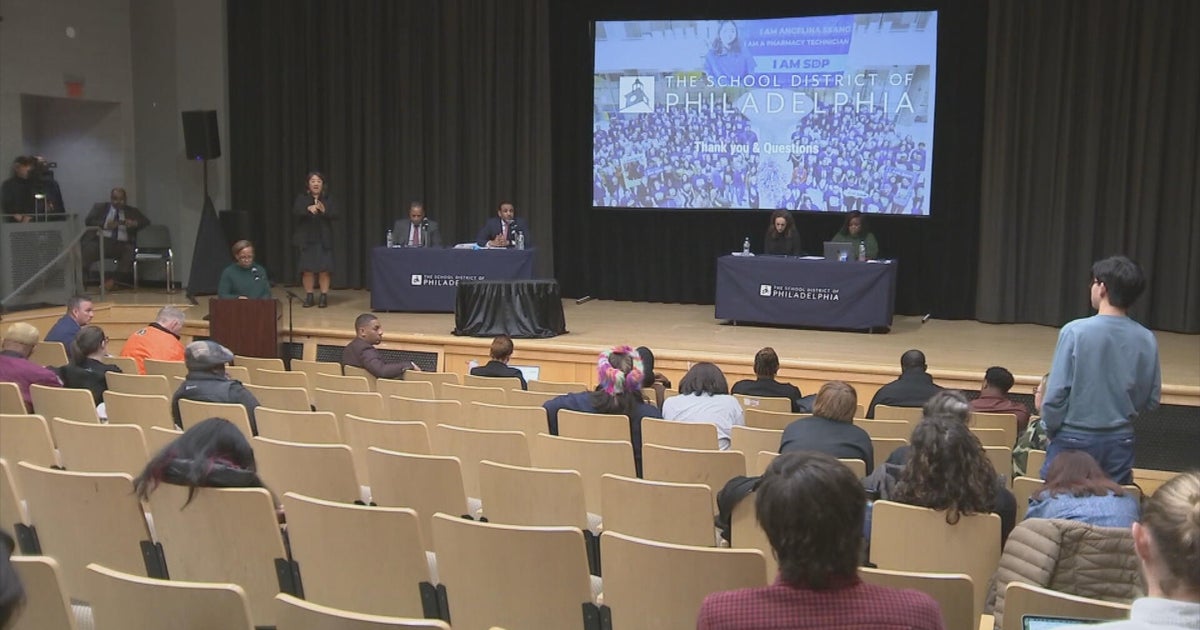Texas Legislature Passes Budget That Cuts Billions
AUSTIN (AP) – Texas lawmakers adopted a state budget Saturday night that cuts billions from public schools, state universities and health care for the elderly, sending the measure to Gov. Rick Perry for final consideration.
Facing a massive revenue shortfall, lawmakers crafted the $172 billion budget by making cuts and using deferrals rather than raising taxes or dipping into the $10 billion reserve fund.
The budget loomed over a session that Sen. Steve Ogden, chair of the Senate Finance Committee, called the most "challenging session that has faced our Legislature in the last 20 years."
Both the House and Senate took up the budget late Saturday night, almost simultaneously. The votes were largely along party lines.
In all funds, the plan for 2012-2013 is $15 billion less than the current budget, but that doesn't account for the costs of providing services to new population.
For public schools, the budget is at least $4 billion short of what districts would be owed for basic operations under current funding formulas. To accommodate the lower spending, the Legislature also is working on a companion measure that would change the formulas so the reduced funding levels are legal. That debate comes Sunday, the day before the Legislature adjourns.
The fight over school money prompted a futile outcry from teachers and parents, who rallied at the Capitol several times since the session started in January.
The budget also cuts money for full-day pre-kindergarten, teacher incentive grants, arts education and financial aid to college students.
"This budget betrays the people of the state of Texas," said Rep. Garnet Coleman, a Houston Democrat. "They failed in solving the problem and next session will be an even bigger problem."
The shortfall was a result of a business tax that has consistently failed to generate forecasted funds and a slump in sales tax receipts.
Some lawmakers, including Ogden, started the session with hopes that the business tax could be overhauled, so the shortfall wouldn't be continued in future years. But Perry and Republican leaders made it clear that any new tax bills would be unacceptable.
So they cut.
Over objections from Democrats, who wanted to use more money from the Rainy Day Fund, Republican leaders cut funding to colleges, nursing homes, highway maintenance, state parks and dozens of other state operations.
Medicaid reimbursements were underfunded by $4.8 billion, an expense Rep. Sylvester Turner, D-Houston, said was charged to a "Medicaid Mastercard." He and other Democrats compared the move to deficit spending in Washington D.C. that Republicans often complain about.
"This budget is shaky at best," Turner said.
For nursing homes that rely on Medicaid for most of their business, state and federal aid would be cut 37 percent compared to funding levels in the 2010-2011 budget, according to an analysis prepared by the Legislative Study Group and the Center for Public Policy Priorities.
The analysis said the reduced Medicaid funding levels will "result in fewer workers at nursing homes and state facility centers, which will result in seniors developing more bed sores, struggling more to go to the bathroom, and generally living a life of much less dignity."
Lawmakers also agreed to cut family planning services by more than $73 million. The analysis said that cut means about 200,000 women won't receive services such as breast and cervical cancer screening, contraception or postpartum evaluations.
Democrats warned the cuts will result in tens of thousands of public school workers losing their jobs and prevent nearly 43,000 fewer poor students receiving financial aid for college.
"We have not asked business to tighten their belt," said Sen. Leticia Van de Putte, of San Antonio, leader of the Senate Democrats. "This budget is a sad example of politics overtaking common sense."
Sen. Dan Patrick, R-Houston, who is considering a run for a U.S. Senate seat next year, was the only Republican to join Ogden in defending the budget during the debate, praising it as a plan that "lives within our means and does not raise taxes."
Prevention programs for sexually transmitted diseases, including HIV, also were cut as was funding to help children under three with developmental disabilities.
Rep. Jim Pitts, the Waxahachie Republican who led the House budget writing, said the budget funds critical needs while not going above the state's means.
"When we pass this budget, it will be the second session in a row we have cut state spending by more than a billion dollars," Pitts said. "That has never happened in this state's history."
Rep. Yvonne Davis, a Democrat from Dallas called the budget a "fiscal fiasco."
"Texas and Texans deserve better," she said. The budget "provides nothing but pain and we ought to be ashamed that we couldn't find better ways to get there."
(© Copyright 2011 The Associated Press. All Rights Reserved. This material may not be published, broadcast, rewritten or redistributed.)







